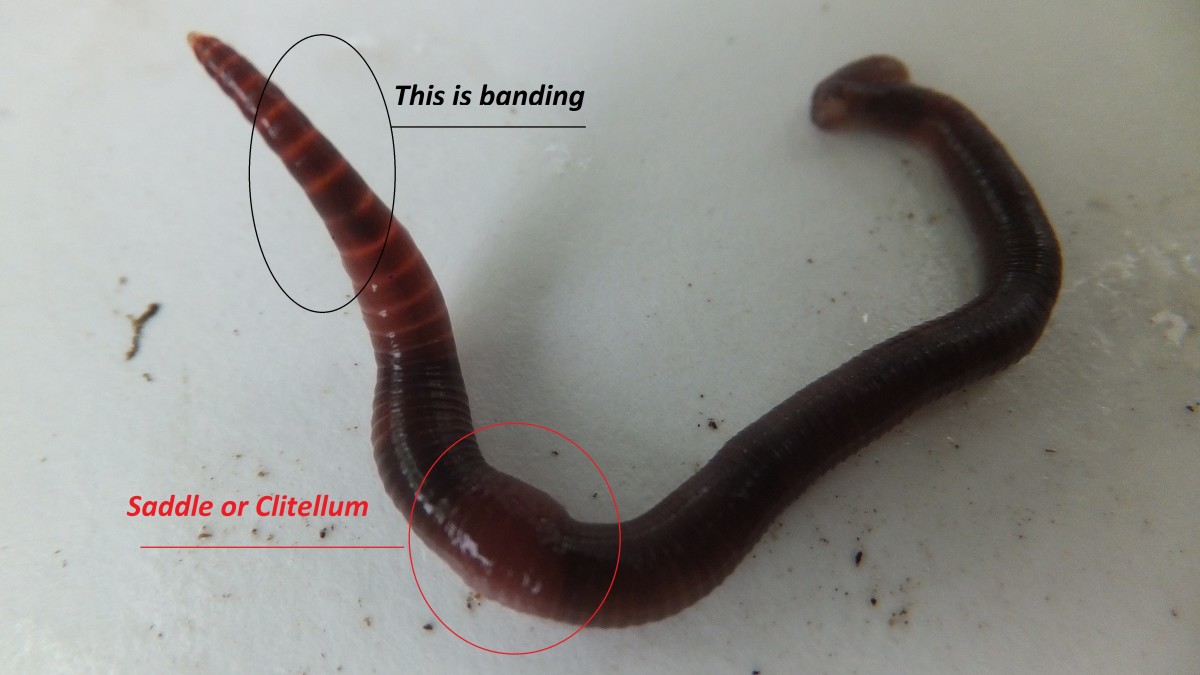Acquire Red Wiggler Worms Online - Hassle-free and Rapid Delivery
Wiki Article
Red Wiggler Worms Demystified: Unlocking the Tricks of Vermiculture for Greener Living and Nutrient-Rich Dirt
In the realm of lasting techniques for improving dirt high quality and advertising eco-conscious living, red wiggler worms play a critical yet usually overlooked function. These humble creatures have the exceptional capability to transform organic waste right into nutrient-rich castings that act as a potent all-natural plant food. By delving into the globe of vermiculture, one can reveal a huge selection of benefits that prolong far past traditional composting approaches. Recognizing the ins and outs of taking care of these worms, enhancing their atmosphere, and utilizing their spreadings can bring about a greener way of living and healthier soil for plants to flourish.The Duty of Red Wiggler Worms
Red Wiggler worms play an important function in composting systems by effectively damaging down raw material into nutrient-rich spreadings. These starved eaters consume a range of natural products, such as kitchen area scraps, backyard waste, and paper products. As they feed, the worms' digestion processes damage down the raw material right into a fine, dark, and nutrient-dense material understood as worm spreadings or vermicompost.The spreadings generated by Red Wiggler worms are very helpful for soil health and wellness and plant development. They are rich in vital nutrients like nitrogen, potassium, and phosphorus, which are crucial for supporting healthy and balanced plant advancement. Furthermore, worm castings contain advantageous microbes and enzymes that help enhance soil framework, increase water retention, and enhance nutrient uptake by plants.
Benefits of Vermicomposting

It boosts dirt structure, boosts dirt aeration, and boosts soil dampness retention. Vermicompost likewise improves the dirt with vital nutrients like potassium, nitrogen, and phosphorus, advertising plant growth and general soil fertility.
Furthermore, vermicomposting supports sustainable gardening methods by giving a all-natural and chemical-free alternative to synthetic plant foods. Red Wiggler Worms. This eco-friendly strategy not only improves the soil however likewise helps lower reliance on harmful chemicals, advertising a greener and more sustainable method of gardening
Establishing a Worm Bin
When developing a worm container for vermicomposting, correct configuration is critical to make sure the success of the composting procedure. The initial action in setting up a worm container is picking an ideal container.After including the bed linen, introduce the red wiggler worms to the bin. It is recommended to start with a handful of worms and progressively increase as they multiply. The worms ought to then be supplied with food scraps such as fruit and vegetable peels, coffee grounds, and eggshells. It is necessary to prevent adding meat, milk, oily, or salty foods to protect against bring in parasites and producing undesirable odors.
Consistently monitor the moisture levels and temperature in the worm bin to ensure optimum problems for the worms. With appropriate arrangement and maintenance, the worm bin will effectively convert natural waste into nutrient-rich garden compost for your plants and yard.
Collecting Worm Castings
To successfully accumulate nutrient-rich worm castings from your vermicomposting system, an organized harvesting approach is necessary. When it comes time to collect the worm spreadings, there are a couple of crucial actions to follow to make certain an effective procedure.
Troubleshooting Common Issues
Determining and dealing with usual obstacles that may develop during the vermicomposting procedure is important for maintaining a efficient and healthy worm container. One common concern that vermicomposters encounter is overfeeding. Including excess food scraps can lead to a buildup of dampness and level Check This Out of acidity in the worm container, possibly damaging the worms. To avoid this, feed the worms in moderation, making sure that the food scraps are effectively damaged down before including more. An additional problem is undesirable smells emanating from the worm container. Foul scents suggest anaerobic problems, usually brought on by overwatering or poor air flow. To treat this, change the wetness levels by adding completely dry bed linen products like shredded paper or cardboard and boost oygenation by turning the bed linen frequently.
Additionally, if the worm population is declining or the worms show up undesirable, it might be as a result of ecological stress factors such as severe temperatures or pH degrees. Monitoring these variables and making necessary changes is vital for the health of the worms. By repairing these usual problems without delay, vermicomposters can make certain a successful and smooth vermicomposting procedure while maintaining a prospering worm population.

Verdict
To conclude, red wiggler worms play a critical duty in vermiculture by breaking down natural matter into nutrient-rich dirt. The benefits of vermiculture include greener living and enhanced soil quality. Establishing a worm container is essential for successful vermiculture, and gathering worm spreadings offers useful compost for gardening. By comprehending and troubleshooting common concerns, individuals can unlock the keys of vermiculture for sustainable living and healthier soil.As they feed, the worms' digestive processes break down the organic issue right into a penalty, dark, and nutrient-dense material known as worm spreadings or vermicompost.
The spreadings produced by Red Wiggler worms are very helpful for soil health and plant development. Adding excess food scraps can lead to an accumulation of moisture and acidity in the worm container, possibly harming the worms.Additionally, if the worm population is decreasing or click here to find out more the worms show up unhealthy, it could be due to ecological stressors such as severe temperature levels or pH levels. Establishing up a worm container is important for effective vermiculture, and gathering worm castings supplies important garden compost for Our site gardening.
Report this wiki page